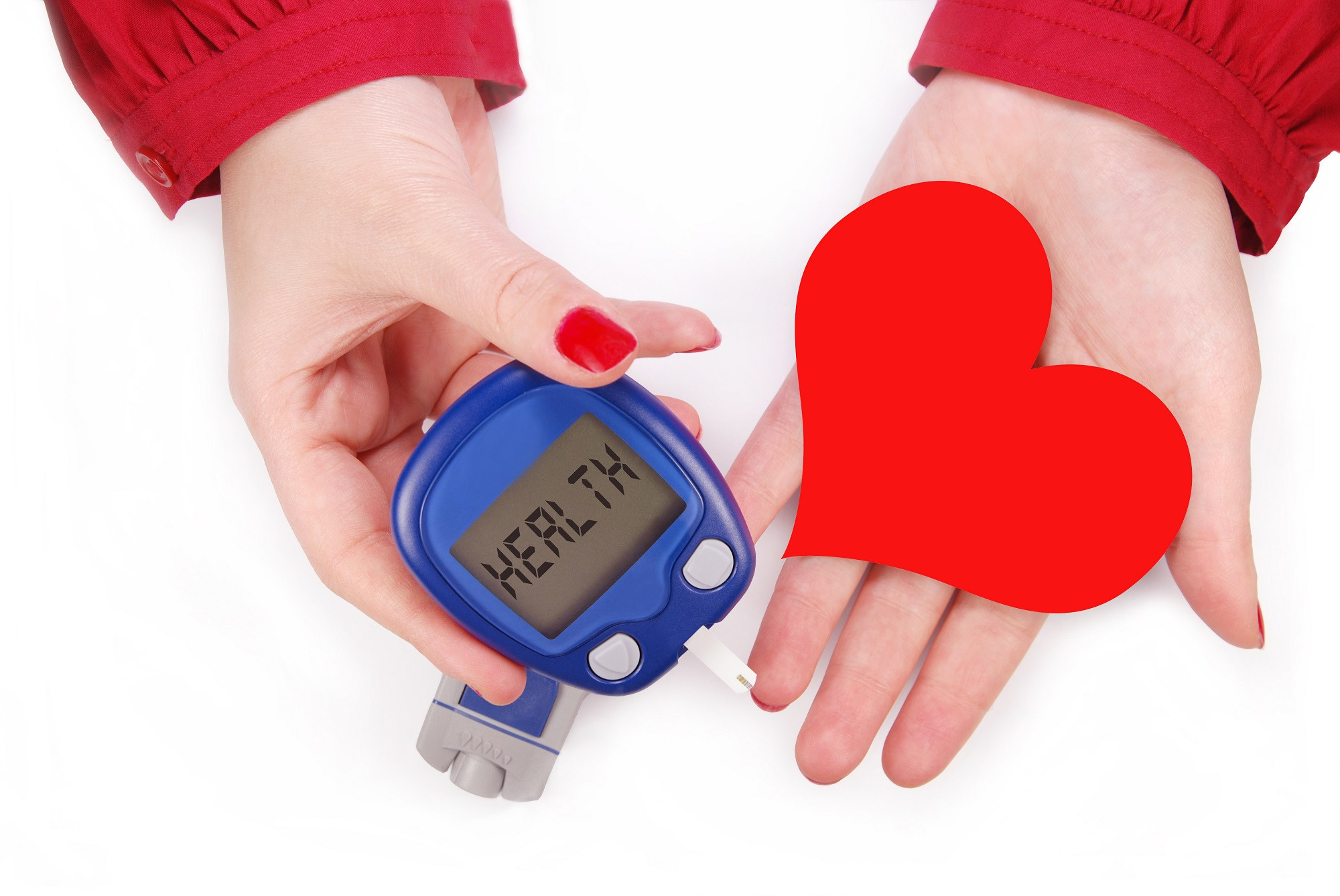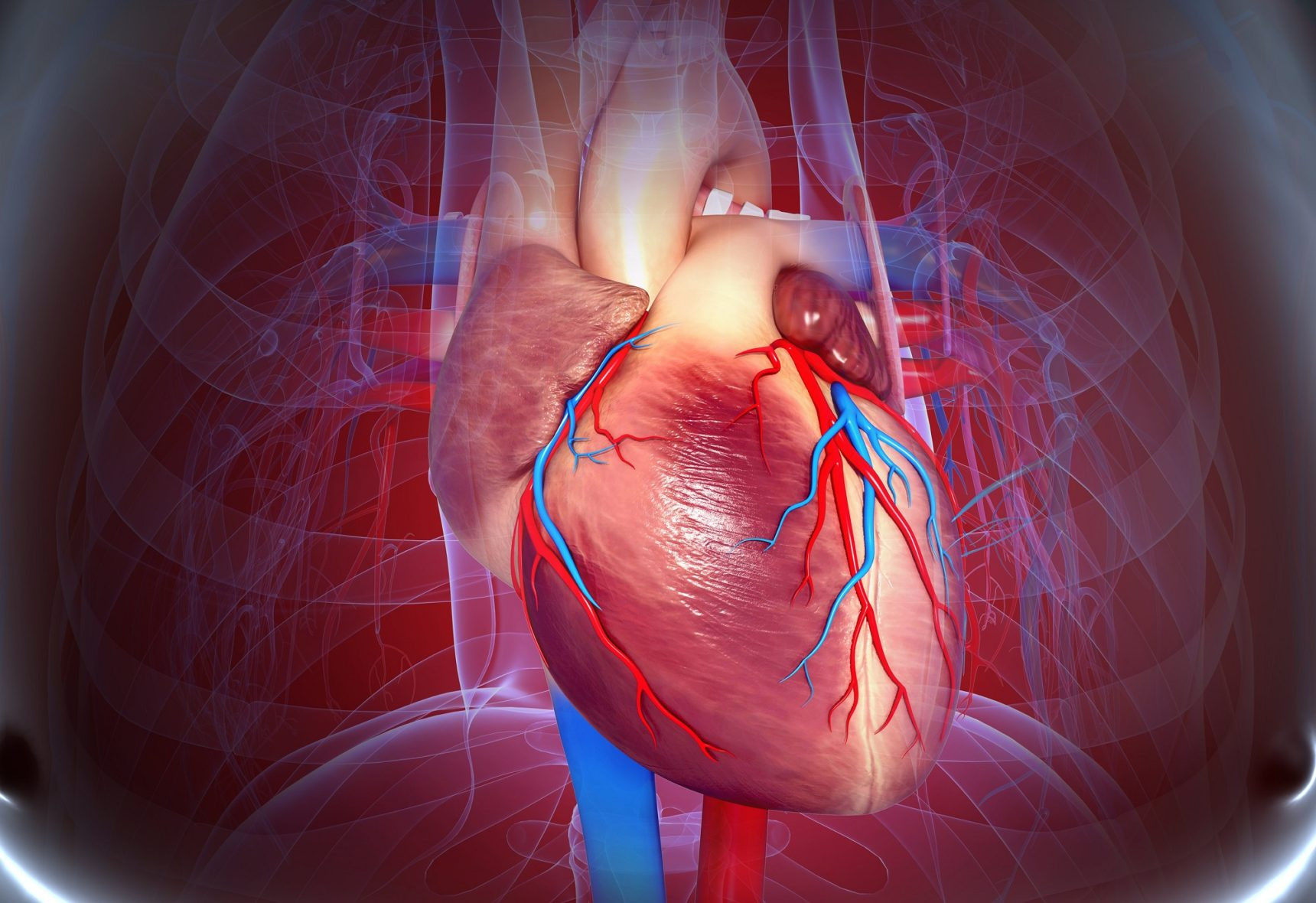Reduced heart rate fluctuations due to disruption of the body’s internal clock may double risk of death in people with diabetes, according to new research. The study found that disruption to normal variations in daily heart rate is associated with a much higher risk of dying in people with type 1 and type 2 diabetes over 21 years.
Heart Rate Fluctuations and Mortality in Diabetes
A reduction in 24-hour HR variations was associated with twice the risk dying from cardiovascular causes, while the inability to reduce HR during sleep was linked with a 39 per cent increased risk. The results held true even after adjusting for a wide range of influential factors including age, sex, BMI, good vs poor glycaemic control, type of diabetes, and high blood pressure.
The research was presented at the annual meeting of the European Association for the Study of Diabetes (EASD) in Madrid, where it sparked significant interest within the medical community.
The Importance of Circadian Rhythm in Heart Rate
Circadian heart rate (HR) refers to the natural variations in heart rate that occur over a 24-hour period, influenced by the body's circadian rhythm and the ability of the nervous and cardiovascular systems to modulate vital functions to meet the body's requests. This rhythm is like an internal clock that regulates physiological process, including heart rate and blood pressure, especially in response to movement and rest.
Typically, heart rate is lower during sleep and increases upon waking, reaching its peak in the mid-morning and during daily activities. Blood pressure also follows a circadian rhythm, with 10 to 15 per cent lower values during night time than during day time.
“High variations in HR during the day are a characteristic of healthy individuals, while reduced variations are an indicator of poor health, independent of other risk factors,” explained Dr Nesti. “The inability to regulate cardiovascular responses to everyday activities is a clear sign of disease, while the inability to regulate HR in response to sustain effort, as well as the inability to reduce it during rest, indicates advanced cardiovascular dysfunction.”
A Closer Look at the Study
To explore the association of impaired circadian heart rate fluctuations and mortality, researchers analysed blood pressure and HR data in 349 adults with type 2 or type 1 diabetes (average age 57 years, 52% women, BMI 29.4 kg/m2, HbA1c 8.6%, 81% type 2 diabetes). All participants wore 24h ambulatory blood pressure and HR monitors (ABPM) to record their data, and underwent an assessment of diabetic microvascular complications.
The Impact of Disrupted Heart Rate Fluctuations on Mortality
Researchers found that having low variations in 24-hour heart rate was associated with double the risk of dying from cardiovascular causes and a 50 per cent greater risk of dying from any cause compared to experiencing normal (high) daily heart rate fluctuations (reflecting an insufficient increase during daytime activity and/or paradoxical non-decrease during rest).
Similarly, experiencing a blunted dipping of night-time heart rate was associated with a 39 per cent higher risk of dying due to cardiovascular causes or from any cause compared to those with preserved nocturnal heart rate dip.
Further analyses of microvascular complications found that disrupted heart rate variations were associated with a higher burden of multiorgan damage.
The Implications of This Research
“Our findings are retrospective and observational and can’t tell us about the direction of causality, but they reinforce the idea that the identification of abnormal HR patterns in individuals with diabetes can identify those at higher risk of cardiovascular events and premature death, prompting the search of complications and the early initiation of more intense preventive strategies before symptoms arise,” said Dr Nesti.
The research highlights the importance of monitoring heart rate variability in individuals with diabetes. This could allow for earlier interventions to reduce the risk of complications and premature death.
Additional Research Findings
The EASD meeting also presented research on the link between asthma and type 2 diabetes. Researchers found that people with type 2 diabetes are almost twice as likely to develop asthma, while patients with asthma have a 28 per cent higher risk of developing diabetes.
This research underscores the importance of screening for asthma when T2D is diagnosed and vice versa.
Another study presented at the meeting found that an AI model can detect changes in a person’s voice to distinguish whether they have type 2 diabetes with 66 per cent accuracy in women and 71 per cent accuracy in men.
This research highlights the potential of AI in improving early detection and diagnosis of type 2 diabetes.
A New Era of Diabetes Management
The research presented at the EASD meeting provides a compelling case for a new era of diabetes management. This era will be characterized by personalized care that considers the individual patient’s risk factors and incorporates advanced technologies to improve early detection, diagnosis, and management of complications.
The results presented at EASD provide a roadmap for this new era. They emphasize the importance of monitoring heart rate variability in individuals with diabetes and exploring the use of AI to improve early detection and diagnosis of this chronic condition.
By embracing these new approaches, healthcare professionals can play a critical role in improving the lives of people with diabetes and reducing the risk of serious complications and premature death.



















